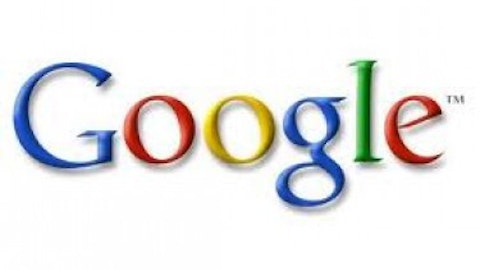Since its blockbuster release in 2005, Microsoft Corporation (NASDAQ:MSFT)‘s Xbox 360 stood as a staple in both the family room and the college dorm. However, Microsoft’s strong grasp on the gaming market might be slipping due to recent trends. The culprit? There are three.
Before we dive in, note that my colleague wrote an opposing post. To see “Why Everyone Will Buy the Xbox One,” read this post.
1. Sony poses competitive threat
In 2006, Sony Corporation (ADR) (NYSE:SNE) released its PlayStation 3 (PS3). This product was not only a year late to market, but also pricey at $499 for the 20 GB model. Microsoft Corporation (NASDAQ:MSFT), on the other hand, was already selling its newest game console, Xbox 360, like hotcakes. However, the PS3 came out ahead in cumulative sales at the end of last year, with 77 million units sold to Xbox 360’s 76 million units sold. Quite a comeback.

Sony Corporation (ADR) (NYSE:SNE)’s ability to come out ahead in sales 2010-2012 despite its early challenges is telling: consumers are choosing Sony over Microsoft Corporation (NASDAQ:MSFT). Later this year Sony will offer the market its newest game console, PlayStation 4 (PS4). At the same time, Xbox One will hit the market. Despite all the excitement surrounding the Xbox One’s unveiling, Microsoft will have to face the challenge of competing with Sony’s PS4.
As Microsoft Corporation (NASDAQ:MSFT) continues to develop and manufacture its Xbox One, we must remember an important lesson Nintendo’s flop taught us last Holiday season: A “new and improved” console provides no guarantee of improved sales.
2. A new console is no indicator of success
Among the top three selling game console’s is Nintendo’s Wii. Nintendo commands the highest cumulative sales of all game consoles with nearly 98 million units sold to date. So, you would think this gaming giant’s recently released system (Wii U) would be a hit – except it wasn’t.
Nintendo released its Wii U last November, which MTV.multiplayer.com claimed would “…singlehandedly change the way people play games for years to come.” The only problem is that consumers missed the memo. Monthly sales continue to plummet by 19% month-by-month and Nintendo trails Xbox 360 and PlayStation 3.
But can Microsoft sleep peacefully at night? Not just yet.
3. Threats in all shapes and sizes
Beyond its direct competition, Microsoft Corporation (NASDAQ:MSFT) must also fend off competitors from other areas of the tech realm. According to the NDP Group, game sales have fallen 25% in the past year. Who could be stealing the market share? Low price games for smart phones and tablets.
Smart phones and tablets provide users with a portable gaming device. Of course mobile games are more convenient – they don’t require cords or a power socket. But more notably, games on Apple Inc. (NASDAQ:AAPL)’s iOS and Google Inc (NASDAQ:GOOG)’s Android app markets can cost as little as $.99 (if not free).

As these smart phone and tablet makers fight for market share, they pull people away from the more “traditional” gaming platforms (i.e. computers and game consoles). Recent surveys have found that 34% of respondents prefer smartphones, 35% prefer consoles, 11% prefer tablets, and 6% prefer computers for their gaming. The data bodes particularly well for Apple Inc. (NASDAQ:AAPL), Google Inc (NASDAQ:GOOG), and Microsoft Corporation (NASDAQ:MSFT).






